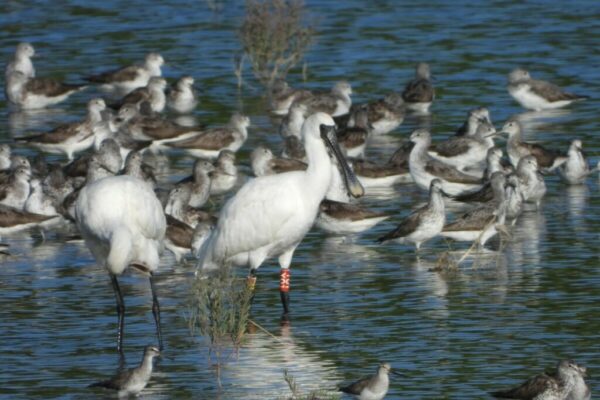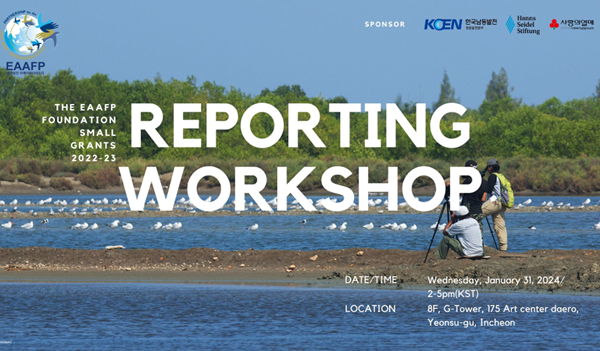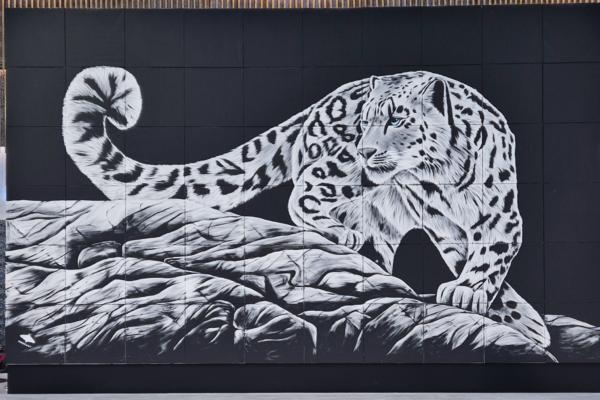In the words of Brenda Lim
“My 9-month internship at the EAAFP Secretariat served not only as an opportunity to contribute to the conservation of migratory waterbirds but also as an opportunity to gain valuable first-hand experience of working at an intergovernmental organization and learning how conservation projects can be implemented. Last year, I graduated from University of Toronto with a major in ecology and evolutionary biology and applied to the EAAFP internship program while searching for job openings in Korea related to environmental management and sustainability. Many of my courses naturally centered around the interactions of organisms with each other and the environment, also addressing the impact anthropogenic activities have had on the natural world. I began my internship at the EAAFP Secretariat, excited to apply my interest in environmental science to tangible projects and dip my toes into the field of conservation.
During my internship, I engaged in various facets of the Partnership’s work, helping to manage the website, drafting letters to Partners, translating documents, and writing articles about events to promote the work of the EAAFP. In October, I participated in the Suncheon roundtable conference hosted by Suncheon City to explore ideas for building inter-Korea relations and identify opportunities to promote collaborative projects in the flyway. More recently, I also assisted in coordinating the Hwaseong Symposium, co-hosted by the EAAFP Secretariat and Hwaseong City. The symposium served as a valuable platform to hear the perspectives of diverse stakeholders including the local communities and learn from international case studies of wetland management to help guide the sustainable management of the Hwaseong Wetlands. By observing the work of other team members and assisting in the preparation of events like the Suncheon roundtable conference or the Hwaseong Symposium, I gained insight into some of the complexities involved in conservation projects and strategic approaches to move projects forward.
Through the internship, I also became more aware of the importance of public outreach and clear communication in conservation efforts. To address the public information gap, it will be important to spread awareness of conservation issues and the values of wetlands to community members and the public. Top down and bottom-up approaches often work in conjunction in conservation, and changes in legislative policies will likely follow once people are convinced of the benefits that can be derived through conservation. Additionally, in discussions about environmental issues, nature conservation is often portrayed to be an impediment to economic development, something to be done at the cost of economic benefits. Learning about examples of community-based conservation and successful models of ecotourism in the flyway, however, made me more convinced that economic benefits do not have to be at odds with conservation and that community engagement should be an integral part of conservation efforts.
It was a pleasure to work alongside people who are passionate about conservation and their work. Looking back on the past 9 months, I am glad I was gently prodded out of my comfort zone at times to interpret for events and present on topics, as the experiences I gained during my internship also helped me grow as a person and become more comfortable tackling new challenges. Hope you all stay safe and well!”
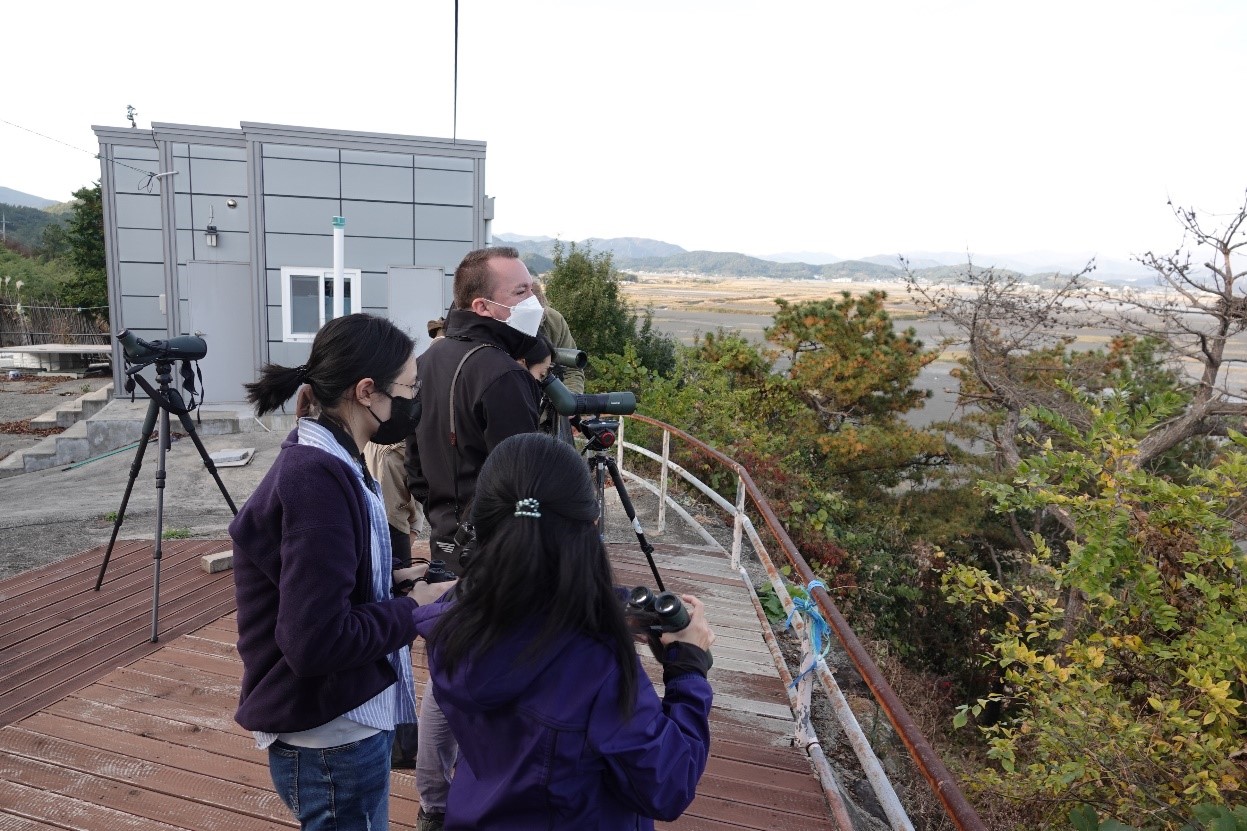
Visiting and birdwatching around Suncheon Flyway Network Site © EAAFP
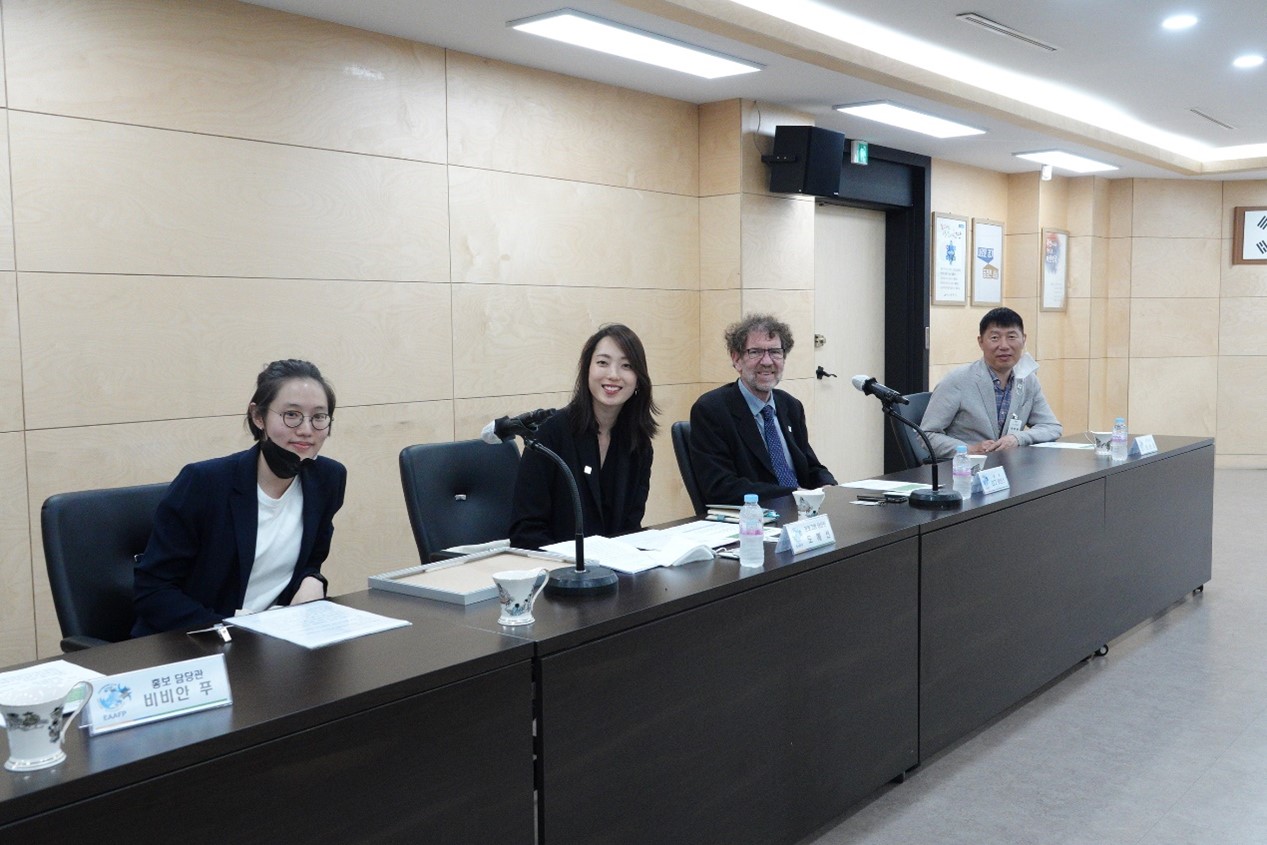
Joining the new Flyway Network Site signing ceremony for Dabudo Tidal Flat © EAAFP

